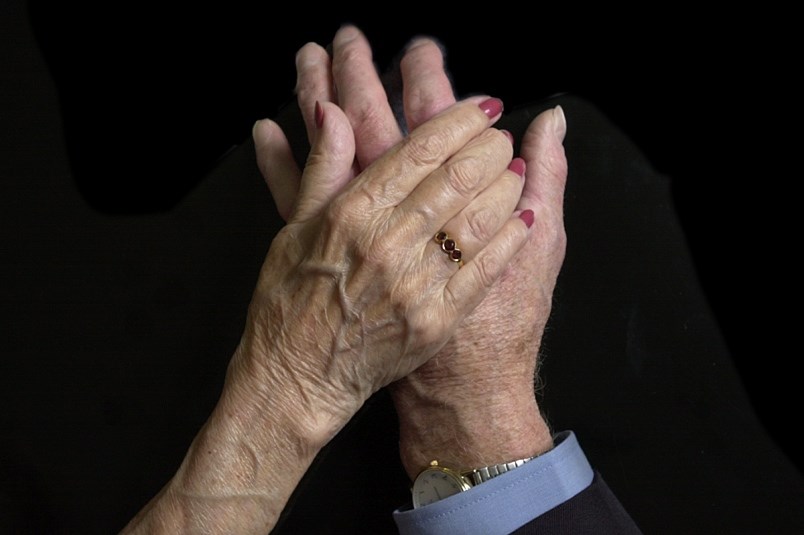Anthony adores his nana, especially hanging out and watching NCIS episodes with her.
And it’s that hanging out in her North Burnaby home that fended off what is commonly known as the grandparent scam.
Scammers love to target senior citizens by calling their landlines and impersonating their targets’ loved ones, make up an urgent situation, then pleading for help, and money.
“Thanks to social media sites, scammers can look up information and offer plausible stories, even incorporate nicknames and real travel plans into the con to convince their targets,” says the Better Business Bureau.
So it was when Anthony (who didn't want his full name used to protect his family's privacy) was over at nana’s for a home-cooked meal when the phone rang. He was next to the phone so he answered it.
“I hear this panicked voice saying it was her grandson and saying that they were in trouble, thinking I was my nana,” Anthony said. “I guess they weren’t really listening when I answered because they just went into this story. I swore at them, told them I was her grandson and to shove off. Then I sat down with nana and explained the entire thing in case they ever called again. I was pretty angry about it. It’s really disgusting to prey on the elderly like this.”
Emergency scams are about a family member or friend in a dire situation. You get a call, email, or social media message from someone claiming to be a family member in distress. They may say they’ve been arrested while traveling overseas, or there was an accident, medical emergency, or other calamity. They provide convincing details, such as family names, school details, etc.
Tips to Spot This Scam:
Resist the urge to act immediately, no matter how dramatic the story sounds. Check out the story with other family and friends, but hang up or close the message and call your loved one directly. Don’t call the phone number provided by the caller or caller ID. Ask questions that would be hard for an impostor to answer correctly.
Know what your family members are sharing online. You may not have control over your family's social media accounts, but familiarize yourself with what they are sharing online.
Don't wire any money if there is any doubt about the call. If a person does wire money and later realizes it is a fraud, the police need to be alerted.
Establish a unique password or phrase to verify family members. If a loved one is travelling overseas, make a plan to use a unique phrase to help confirm their identity. This will reduce the risk of grandparents being scammed by a fake plea for help.


